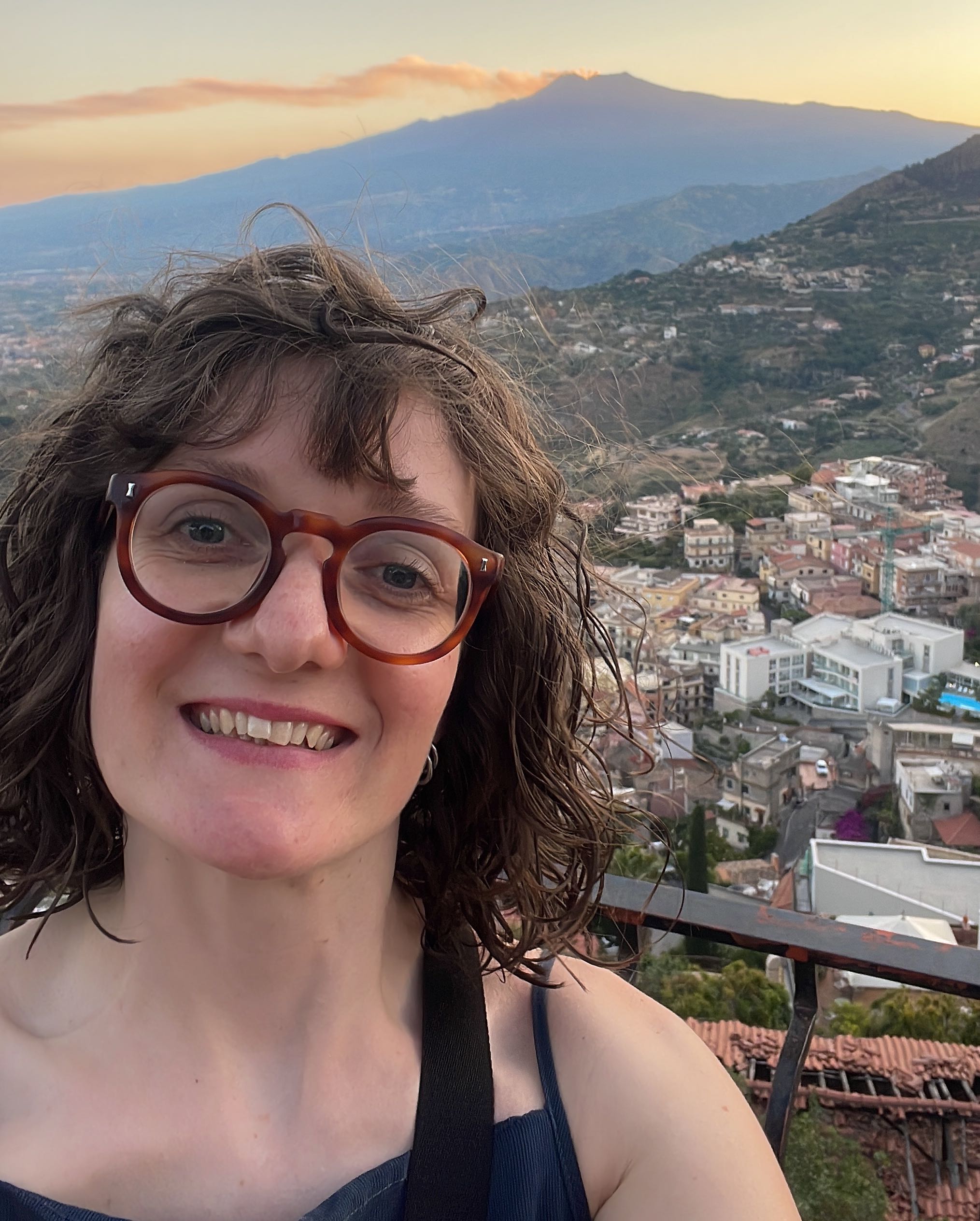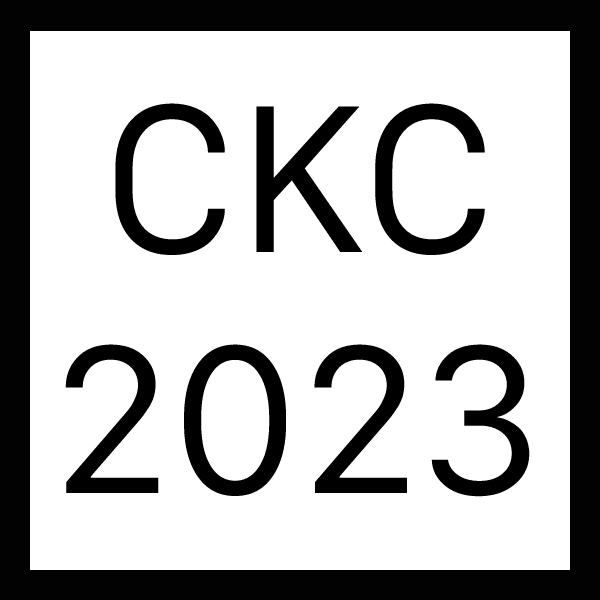CKC 2023: New Futures for Creative Economies
Day 2
Creative Recovery – the role of cultural policy in post-COVID urban futures
Abstract
COVID-19 has derailed many expectations of what the future will look like, particularly with respect to cities. It has exacerbated divides between different urban communities and raised urgent questions about the vitality of urban centres. What effect will the pandemic have on how urban centres function? Will they decrease in size, wealth and power? Will new forms of spatial inequality emerge between those who can work remotely, and those who cannot? City authorities across the world have made vastly different responses, and this is beginning to be documented across a range of academic and policy work. What has not yet been substantially explored is the role of art and culture in post-covid cities, and in helping urban centres to recover and ‘build back better’. We know that art and culture play crucial roles in urban life, but the future shapes this might take are still very much up for debate. Our research seeks to understand, then, what the role of cultural policy is within the process of urban recovery, in enabling better futures.
This paper will present the initial findings of an ongoing project entitled ‘Creative Recovery: the role of cultural policy in post-COVID urban futures’, which brings together an interdisciplinary team from KCL’s faculties of Arts & Humanities and Social Science & Public Policy, working in collaboration with the World Cities Cultural Forum (WCCF), a network for cultural leaders and policymakers from 39 cities across the global north and global south.
Drawing on WCCF data and focus groups held with cultural policymakers from across WCCF cities, we have been asking what ‘recovery’ means for urban areas – if it is a process of restoration, transformation; if it constitutes building structures that are entirely new, or (re)discovering ideas that were already being experimented with pre-COVID. We want to understand what values and visions are being put forward in the language and actions of various approaches to recovery – questions of what resilience looks like, what care and sustainability means, and how urban areas must be designed and function – and, ultimately, how this connects to both histories of cultural policymaking and future visions of and possibilities for urban areas and their cultural and creative ecosystems.
COVID has presented a challenge to reimagine how cities function, and culture will be central to this task. This paper presents research drawing closely on the real-time responses of policymakers in 39 major cities across the globe, to critically understand the paths that could be taken towards recovery and regeneration.
Biographies
All co-authors of the paper are based at King’s College London.
Dr Lucy McFadzean (presenter) is a Post-Doctoral Research Associate in the department of Culture, Media & Creative Industries. Her PhD examined the cultural policies of the Greater London Council in the 1980s, and her post-doctoral projects include collaboration on a PEC-funded investigation of the effects of COVID on creative industries in rural areas.
Dr Jonathan Gross is Lecturer in Culture, Media & Creative Industries, and Programme Director of the MA Arts & Cultural Management. His research addresses questions of cultural policy and politics – including the history and potential futures of policy for the creative industries and the wider creative economy.
Professor Philip Hubbard, Professor of Urban Studies, department of Geography, is recognised as a leading commentator on urban trends. His work assesses the impacts of urban change on different social groups, with a focus on urban culture and consumption.
Dr Kirstie Hewlett is a Research Fellow in the King’s Policy Institute. Her research covers a wide range of social policy areas, with interests in inequalities and social division, cultural policy, and the role of values, emotion and identity in policymaking.
Professor Roberta Comunian, is Professor of Creative Economies in the department of Culture, Media & Creative Industries. She has published extensively on the role of creative industries in urban development, and has been PI on several AHRC projects including Understanding and Supporting Creative Economies in Africa, and Future Festivals South Africa.
Dr Luke Dickens is Senior Lecturer in Urban Futures in the department of a Geography. He has expertise in urban futures; cultural economies, creativity and the city; and public and participatory methodologies.
Dr Nial Sreenan is a Research Associate in the King’s Policy Institute. He is an interdisciplinary researcher with interests including arts, culture, higher education, and research policy.



